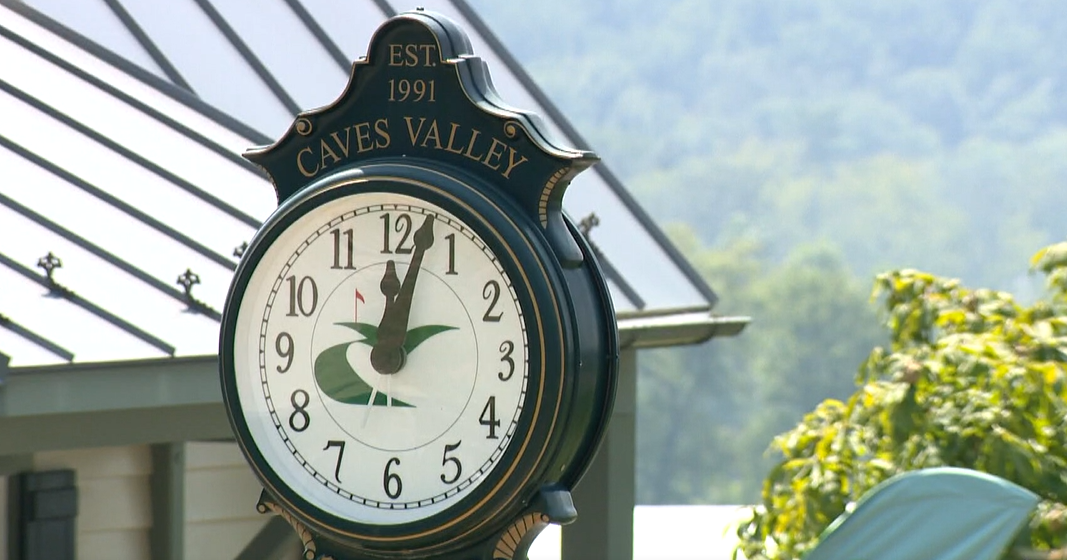Eddie Palmieri, Pioneering Latin Jazz Icon, Passes Away at 88
Eddie Palmieri, a transformative figure in Latin jazz and rumba, has passed away at the age of 88. His death was confirmed by Fania Records on Wednesday evening, with his daughter Gabriela revealing that he succumbed to an extended illness at his New Jersey home earlier that day.
Born on December 15, 1936, in Spanish Harlem, Palmieri's musical journey began early. He initially studied piano but switched to timbales at 13, inspired by his uncle's orchestra. “I’m a frustrated percussionist, so I take it out on the piano,” he once remarked, reflecting his unique approach to music.

His career was marked by groundbreaking achievements; he was the first Latino to win a Grammy Award, ultimately securing eight throughout his prolific career that included nearly 40 albums. His first Grammy came in 1975 for “The Sun of Latin Music,” a pivotal moment that set the stage for his enduring influence.
Palmieri's innovative band, La Perfecta, formed in 1961, was notable for its use of trombones instead of trumpets, a rarity in Latin music. This distinctive sound quickly established them alongside legends like Machito and Tito Rodríguez.

Throughout the 1970s and beyond, Palmieri continued to push musical boundaries. His album “Harlem River Drive” blended Black and Latin styles, creating a rich tapestry of salsa, funk, soul, and jazz. In 1974, he recorded “The Sun of Latin Music,” which became the first Latin production to win a Grammy.
His collaborations were equally impressive; he worked with artists such as Tony Vega and introduced La India to the salsa scene with “Llegó La India vía Eddie Palmieri.” His 2000 album “Masterpiece,” featuring Tito Puente, garnered critical acclaim and two Grammy Awards.

Beyond recording, Palmieri was a vibrant performer who adapted to changing times, even livestreaming concerts during the pandemic. In a 2011 interview, he expressed his ongoing commitment to mastering the piano: “Being a piano player is one thing. Being a pianist is another.”
His contributions to music were recognized widely; in 2002, Yale University awarded him the Chubb Fellowship Award for his community-building efforts through music. The Smithsonian Institute recorded two of his concerts for its National Museum of American History catalog in 1988.

Palmieri's legacy extends beyond awards and accolades; he served as a musical ambassador, bringing salsa and Latin jazz to audiences across continents including North Africa, Australia, Asia, and Europe. His influence will resonate in the world of music for generations to come.





















